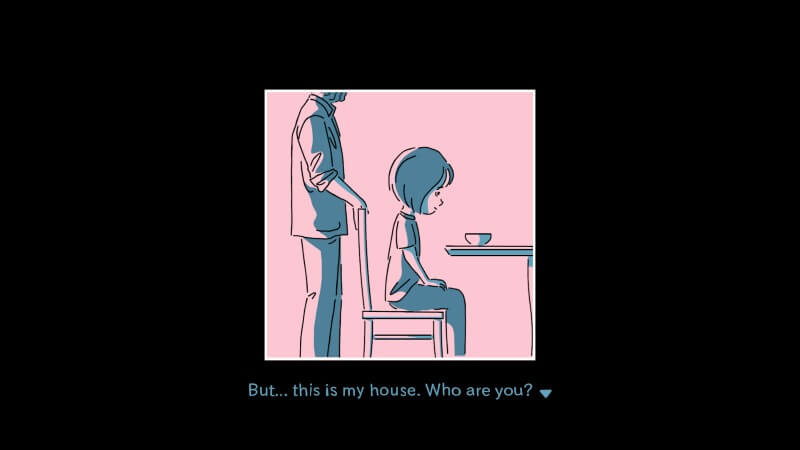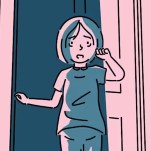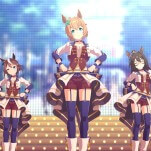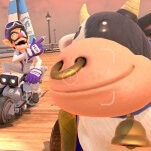The Confusion, Clarity, and Everyday Sadness of And Roger
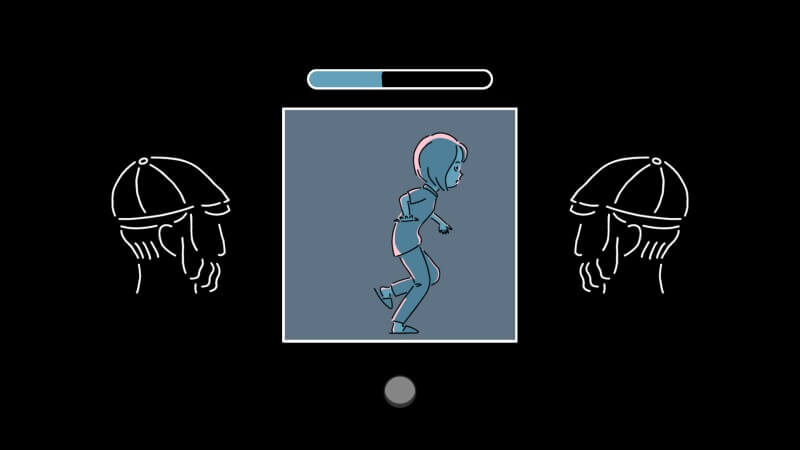
It’s hard to talk about And Roger without undermining what makes it worth talking about. From a distance this short, playable glimpse into a relationship seems like a fairly straightforward visual novel. Even when you play it it initially feels like a surreal riff on Florence, the great slice-of-life game from 2018 that used the touchscreen of a smart phone to tell its story in a unique, interactive way (and which is hard to play today after its lead designer was later revealed to be emotionally and verbally abusive to his studio’s staff). And Roger doesn’t tell a linear story, though, and gradually that disjointedness reveals what the game is truly about. When you catch on you might be devastated, especially if you’re already prone to mourn the passage of time and how old everybody and everything has gotten.
I’m not going to spoil that for you. Here’s some basic context, though. Your character meets a man named Roger. They fall in love, get married, grow old. You glide through their decades together by pushing and sliding buttons around the screen, simulating mundane everyday activities like brushing teeth or making dinner. It’s all depicted in an impressionistic style, flat figures drawn with smooth lines, and cool watercolors splashed over a one-color backdrop. It’s stark but warm, it’s vague but sharp, it contrasts and contradicts and shifts and changes throughout.
Also changing: the time—or at least your perception of it. You see flashes of your character’s childhood, the beginning of her romance with Roger, the two still together decades later. These moments bleed into one another, unsteadily rewinding and fast forwarding through your character’s life. She’ll be young and talking to her dad (the only other character in the story), and then suddenly it’s years later and Roger is now there. The number of ways you can push, pull, or prod at those white on-screen buttons is almost staggering—especially when your perception of them and time itself is constantly changing, and when they refuse to behave the way you expect them to.
-

-

-

-

-

-

-

-

-

-

-

-

-

-

-

-

-

-

-

-

-

-

-

-

-

-

-

-

-

-

-

-

-

-

-

-

-

-

-

-

